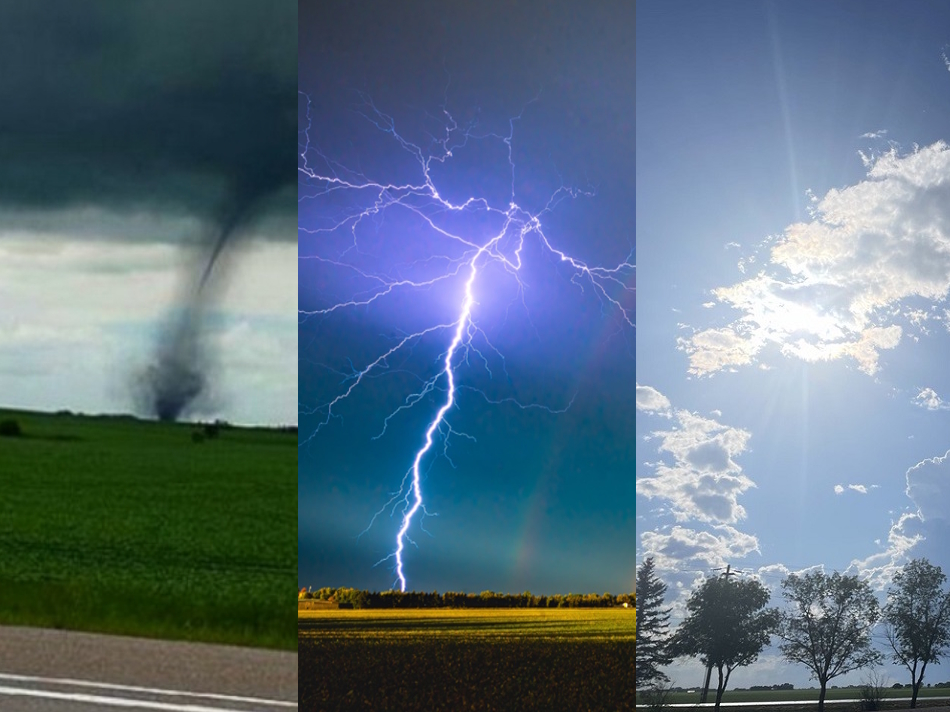Environment Canada meteorologist Crawford Luke says air quality warnings and special air quality statements may seem similar, but they represent different levels of risk.
“The air quality warning is more serious than the special air quality statement… it's posing a bigger threat to your health. That kind of idea.”
He adds that this tiered approach applies across the board: warnings always indicate a more serious or immediate danger than statements.
Watch vs. warning for storms
Luke explains that a watch means forecasters are anticipating the possibility of severe thunderstorms or tornadoes in a broad region over the next few hours.
“The watch just means we're sort of thinking, 'OK, this area looks like it's going to be in the zone for severe thunderstorms or tornadoes…' Whereas the warning means 'OK, we're actually tracking a storm that's formed now'.”
Warnings are more targeted and localized, issued when a storm is actively occurring or imminent.
Why some weather events don’t have all alerts
Luke notes that not every weather hazard gets all three types of alerts. For example, air quality never has a watch, only statements or warnings. And for storms, statements may be used when conditions are notable but not classified as severe.
“Sometimes I've seen special weather statements issued for thunderstorms because they're not severe, but they might be noteworthy. The case I'm thinking of is when there's a lot of pea-size hail or small hail from thunderstorms.”
He says funnel clouds can also trigger special weather statements, especially when the potential for tornado formation exists but remains low. If a tornado does form or stronger activity is expected, warnings and watches are issued as needed.
One final reminder about smoke
Luke also offers a caution for days with heavy smoke: just because the sky is hazy doesn’t mean the sun's rays aren’t affecting you.
He says going
“You could go out on a smoky day like today and it might feel kind of chilly, but the UV rays are still getting through, so you can still get a sunburn.”
